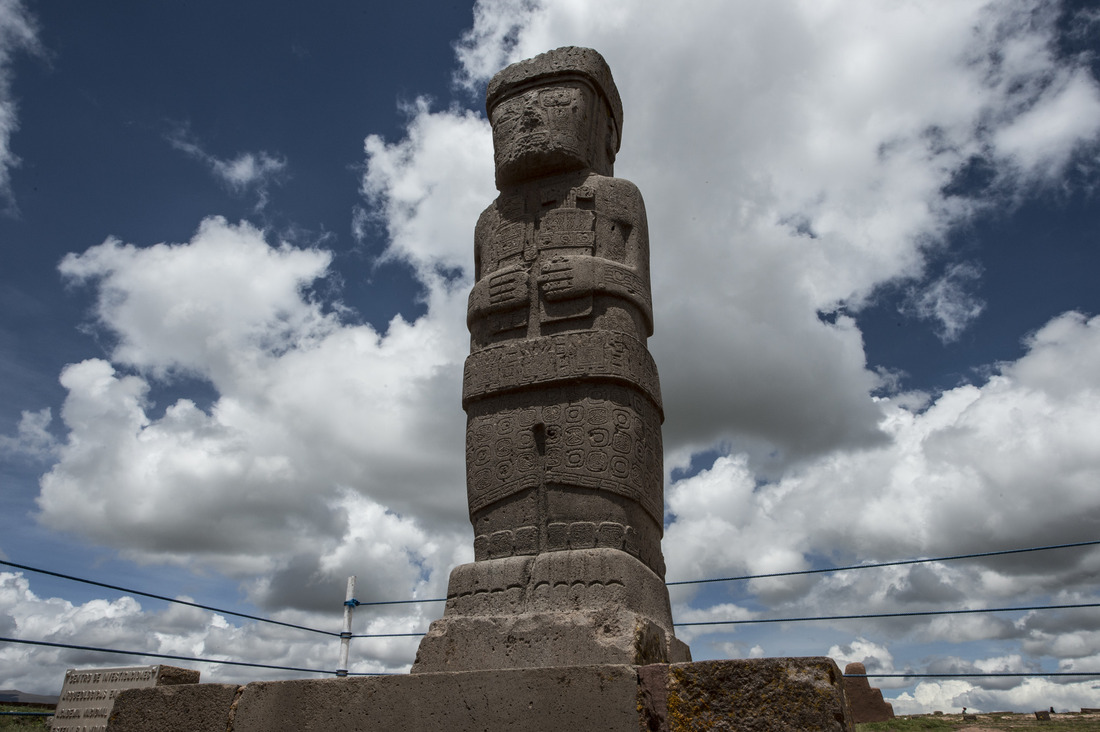Bolivia

Latin America is a forward-looking and strategic region for Gazprom’s operations. Among other Latin American countries, Bolivia most actively delivers petroleum projects and explores new, prospective markets.
Bolivian projects are operated by Gazprom International, a Gazprom subsidiary with an office in Santa Cruz de la Sierra.
The Gazprom-Bolivia association is secured by a package of documents with a Memorandum of Understanding signed first on 21 February 2007 between Gazprom and the Bolivian state-owned YPFB (Yacimientos Petroliferos Fiscales Bolivianos).
2018 saw the signing by Gazprom and YPFB of an Agreement on Strategic Association shaping the intercompany cooperation in exploration, gas production, and hydrocarbon transmission in Bolivia; the development of the national oil-and-gas transport infrastructure and the NGV market; exchange of best practices and staff training; as well as cooperation in science and technology.
Development of a Masterplan for the Bolivian Gas Industry
In 2009, Gazprom International, Gazprom VNIIGAZ and YPFB signed an Agreement on the 2030 Masterplan for Bolivia’s Gas Industry. The document derived from a December 2008 Memorandum of Understanding signed between Russia’s Ministry of Energy and Bolivia’s Ministry of Hydrocarbons and Energy. The Masterplan defines the ways forward for the energy sector to develop its upstream, midstream, and downstream segments, including through joint projects and cooperation in science and technology. The Russian team’s job was successful to a large extent.
February 2016 saw the signing in Tarija, Bolivia, of an Agreement on Updating the Masterplan to 2040 between Gazprom International and Bolivia’s Ministry of Hydrocarbons and Energy.
Cooperation in NGV
In 2016, Bolivia’s Ministry of Hydrocarbons and Energy and Gazprom International signed a Memorandum of Understanding covering the use of LNG in Bolivia. This NGV project is expected to result in having a portion of the Bolivian road and waterborne fleet modified to run on compressed natural gas.
May 2016 saw the provision of the first vehicle, a KAMAZ truck tractor, to Bolivia to demonstrate the performance of this vehicle. The use of a more cost-effective and eco-friendly fuel will have a positive effect on the environment in the country’s most populous, industrialized regions, greatly contribute to resolving the issue of delivering natural gas to remote areas, and may lead to a visible improvement in the economics of the Russia-Bolivia joint projects in the energy projects.
At present, a pilot NGV project is under the consideration of the designated companies of Gazprom and YPFB. Such projects may use supplies coming from the Rio Grande LNG Plant, which was put on stream in February 2016. The plant currently produces 120 tpd of LNG.
Prospective Projects
In 2016, Chairman of Gazprom’s Management Committee Alexey Miller and President of YPFB Guillermo Achá signed an Agreement on Strategic Association covering concerted efforts in hydrocarbon exploration, production, and transportation across Bolivia, the construction and upgrade of national oil-and-gas facilities, as well as the setting-up of power-generation capacities. The cited Agreement also allowed for jointly promoting Bolivia’s NGV market and developing a cooperation in science and technology.
As indicated therein, the parties agreed to consider deploying energy projects in third countries on a cooperative basis.
June 2016 saw the signing by Gazprom International and YPFB of an Agreement enabling GEPI’s experts to study La Ceiba, Vitiacua, and Madidi, Bolivia’s new prospective areas. As was agreed, if Gazprom saw merit in joining the exploration and development of said areas, Gazprom International could be awarded operator contracts directly.
On 14 June 2018, Gazprom International and YPFB signed Heads of Agreement for the Petroleum Services Contract for exploration and exploitation in the Vitiacua area.
July 2019 witnessed the signing of a milestone document, the Act of Closure of Negotiations on the Petroleum Services Contract for Exploration and Exploitation in the Vitiacua Area, Southeastern Bolivia, and the initialing of the said Contract during the official visit to Russia of President of the Plurinational State of Bolivia Evo Morales.
July 2019 witnessed the signing of a milestone document, the Act of Closure of Negotiations on the Petroleum Services Contract for Exploration and Exploitation in the Vitiacua Area, Southeastern Bolivia, and the initialing of the said Contract during the official visit to Russia of President of the Plurinational State of Bolivia Evo Morales.

